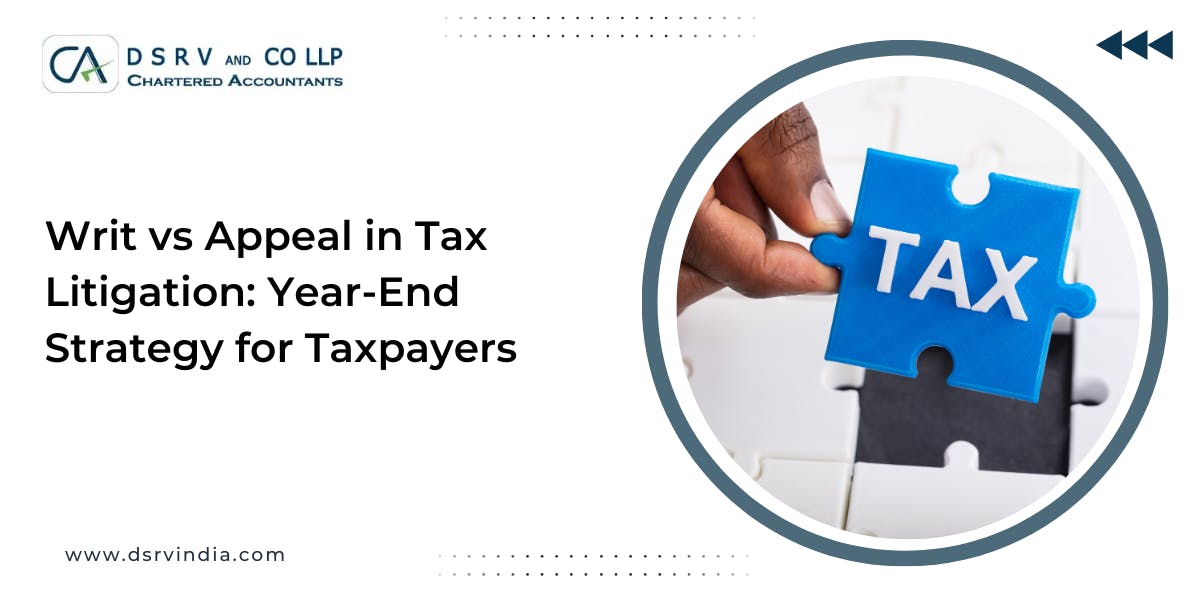A Guide: How Indian Companies Can Invest in Foreign Startups Under ODI
India is the 4th largest economy in the world, with numerous cross border transactions occurring every day. As a result, many Indian companies and resident Indians have been looking beyond India to invest their money in foreign startups and companies. In this blog, we will discuss how Indian companies can invest in foreign startups under ODI:









